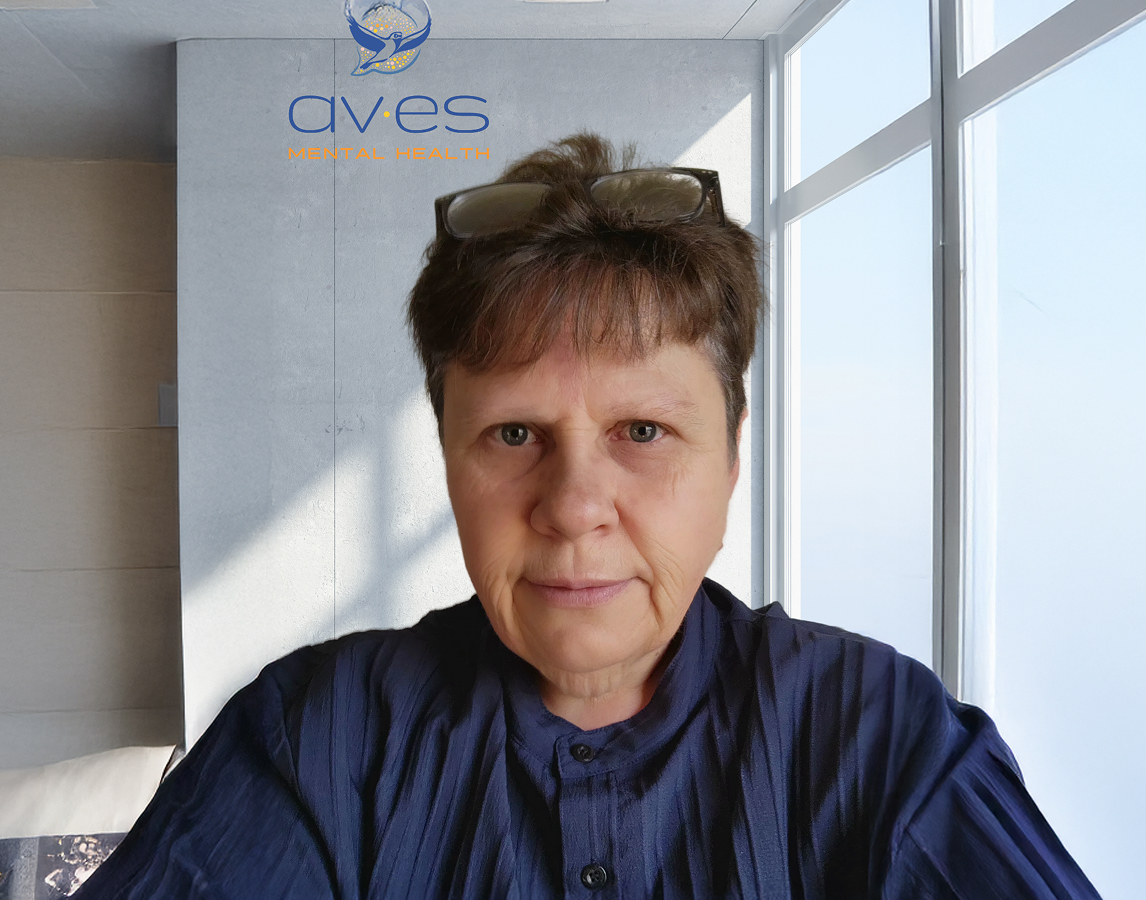Unseen and Unbroken: Sudan’s Crisis and the Quiet Power of Women

By Isra Magdi Mohamed Taha, Head of Strategic Partnerships and Health Policy
On the morning of 15 April 2023, my phone lit up with a message from my sister in Khartoum. She had just stepped out of a doctor’s clinic with her children when she wrote, “There is gunfire and shelling right in front of us. It feels like the world is ending.”
None of us could have imagined that this would mark the beginning of what has now become more than 900 days of relentless conflict across Sudan. That day opened a chapter of sorrow and loss in a country already worn down by decades of crisis. Since then, violence has deepened its grip on every part of life, for those still trapped in their neighbourhoods, for those displaced and scattered, and for those of us far away, wondering if the Sudan we remember will survive only in memory.
In those first hours of fighting, families all over the country faced impossible decisions. Some fled with whatever they could carry, believing it would only be a few days before they could return. Others stayed. Behind each choice was a story shaped by love, duty and faith. In Sudanese life, community is sacred. When an elder refuses to leave the family home or the resting place of loved ones, younger relatives often remain too. These acts of loyalty are powerful threads in the fabric of Sudanese society. Even as war tears through streets and villages, that sense of togetherness continues to sustain people.
Today, Sudan stands at the intersection of every fragility: conflict, hunger, disease, and climate shocks, all compounded by a humanitarian response starved of attention and resources. It is the world’s largest displacement crisis, with over 12 million people uprooted, 30 million in need of aid, and 17 million children out of school. Yet, despite the enormity of this catastrophe, Sudan’s war remains largely invisible to the world. In this vacuum, community mobilization has become Sudan’s lifeline; a quiet testament to the best of humanity in a country that has endured the worst of it.
In the absence of institutions, Sudanese citizens have stepped forward. The Resistance Committees – grassroots groups that emerged during the 2019 Revolution – have reinvented themselves as Emergency Response Rooms (ERRs). Operating largely through WhatsApp groups, these community-led volunteer networks coordinate everything from food kitchens to blood donation, medical aid, and evacuation assistance, often in areas cut off from formal humanitarian access. They also serve as spaces for psychosocial support, where Sudanese professionals, many based in the diaspora, offer remote counselling sessions to help those struggling with trauma, grief, and loss. This digital solidarity has kept vital lines of communication and care open.
Lost in the broader narrative, however, are the efforts of Sudan’s Women’s Emergency Rooms, grassroots networks formed in recognition that women and girls bear the heaviest burden of war, and that their health, safety, and dignity are too often overlooked.
Across Sudan today, the toll of war rests heaviest on women’s bodies and minds. UN and humanitarian agencies report a surge in gender-based violence, yet survivors face almost insurmountable barriers to safety and care. . In besieged cities like El Fasher, expectant mothers endure childbirth on dirt floors or in makeshift shelters without clean water or sterile tools. The health system has collapsed. Maternal mortality has risen sharply, and reproductive and mental health services are almost impossible to access. Even reaching a clinic means risking one’s life on roads controlled by armed groups.
Amid this darkness, pockets of resistance and hope remain, often led by women who refuse to give up on their communities. One such effort is the Women’s Emergency Response Room in Adila, East Darfur, a collective of volunteers who have become the backbone of survival in their area. In homes turned shelters and classrooms turned clinics, they quietly organise what official humanitarian channels have not been able to provide: emergency medical care, psychosocial support, hygiene education and safe spaces for survivors of gender-based violence.
Their story is one of resilience born from necessity. When dignity kits ran out, the volunteers improvised. They gathered scraps of fabric and thread from local markets and began sewing sanitary supplies by hand. What began as a desperate act to meet basic needs became a symbol of restored dignity, proof that even in scarcity, compassion can find a way.
The women of this collective have extended their mission beyond health. They work to restore education and shelter and to create opportunities for those who have lost everything. They have secured classrooms for displaced children so that learning continues even when formal schools stand empty. They build temporary shelters for families driven from their homes. Through a vocational training programme, they teach survivors tailoring and crafts. These activities help to ease the memories and weight of trauma while offering a small but vital source of income and purpose.
When I spoke with them, they did not describe themselves as brave. They spoke of constant fatigue, of nights without sleep, of neighbours and friends they have lost. They spoke of the emotional strain of holding entire communities together with too few resources. Yet beneath all of this lies an unbroken commitment to the belief that survival itself is an act of resistance. Their bravery is quiet, grounded in care for one another and in the conviction that no one should be left alone in times of crisis.
Today Sudan’s survival depends not on institutions but on its people. The strongest line of defence is not found in armed protection or formal aid programmes. It is the communities, and at their centre, the women. They remind us that leadership in times of crisis is not confined to offices or to those with formal titles. It begins in the everyday acts of care. It grows in the shared labour of neighbours pooling food for the hungry. It flourishes in the trust between community members who protect one another when official systems cannot.
As the focus of the world’s attention moves to other places, these women remain at work. Stitch by stitch, meal by meal, act by act, they mend what war has tried to break. Their work carries a truth that reaches beyond Sudan. Community led response is not an alternative when all else fails. It is the foundation of resilience. In Sudan, as in other crises that fade from the news, the first responders are the people themselves. Time and again, they are women who stand at the frontlines of humanity, holding their nation together with strength, grace and an unyielding hope.



